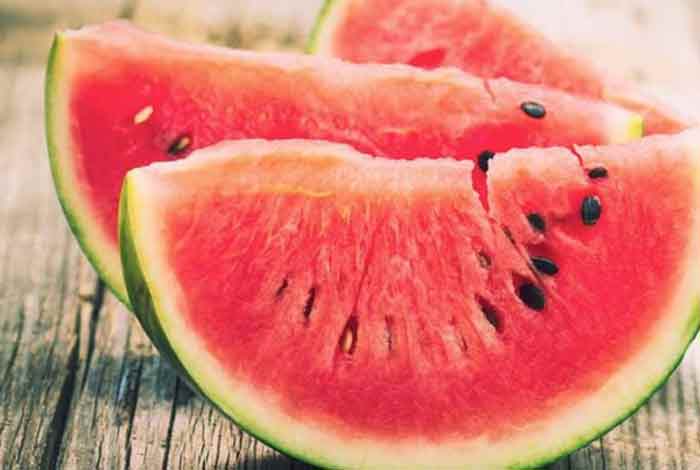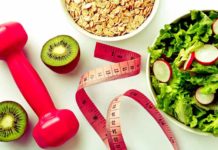
A plethora of diets and fads are out there. While what works for your best friend, might not necessarily work for you. That diet might not match your level of determination or lifestyle. Though we don’t advocate banning certain food groups, eating selectively can definitely help you in various ways. If you really want to modify your diet or want to cut back on carbs, you must only consume those that come with several health benefits. So, you can have these fruits if looking for weight loss.
Rebecca Lewis, a registered dietitian, emphasizes that fruits can fit in really well in your low-carb diet. Your body seriously needs carbs to generate enough energy to burn extra calories. Try to incorporate fruit in every meal or even have it as snacks.
However, this clearly does not specify consuming fruit juices. Whole fruits have myriads of health benefits that get lost when you juice it up. Citrus fruits like oranges and grapefruits are rich sources of vitamin C, and just have around 70 calories. Various researches have revealed that people with sufficient vitamin C levels have less waist-to-hip ratio and these people burn more fat while doing cardio. Also, you should keep distance from dry fruits.
Andrea Wise, a Chicago-based nutrition coach, stresses that you might like to add dry fruits to your salad, oats, cereal or yogurt. But, you must remember not to go overboard with them as they can largely contribute to your calorie intake. They are heavily loaded with sugar and so, are high in calories.
Fruit that Perfectly Complements A Low-Carb Diet

So, which low-carb fruit can be consumed when you don’t want to gain weight? Well, the answer is ‘berries.’ They have natural sweetness and you consume enough of them without caring about calories. A half cup of strawberries contain 25 calories, 1/4th cup of blueberries contain 20 calories and 1/4th cup of raspberries have just 15 calories.
All berries are high in micronutrients and polyphenols that can effectively combat cellular damage. They slow down or either completely halt body’s inflammatory response. Berries are low in sugar and simultaneously, provide sufficient fiber to the body. For instance, each cup of either blackberries or raspberries have 8 grams of fiber.
Berries also help combat bloating as they have ample of water content. The fiber and water content moves much quickly out of the system; without causing any gas or bloating. Dr. Luiza Petre, MD, explains that various researches have already revealed that consuming berries can actually aid in weight loss. This probably happens because berries contain compounds that could boost the production of leptin – appetite-suppressing hormone.
She advises that if you can’t find fresh berries, you can try frozen ones too. Frozen berries have all their nutrients and flavors intact. She prefers using frozen berries at times or even likes to microwave berries before sprinkling them over oatmeal.
Lewis advocates the consumption of honeydew and watermelon as they have least carbohydrates per serving. They also have highest water content among all melons, which helps you keep satiated for long. Watermelon has around 93% water content, this makes it a natural diuretic.
Sodium-rich foods cause bloating, but this can be easily countered by the potassium-rich foods like pineapples and bananas. All these fruits naturally taste sweet and can be easily paired with spicy foods. You can pair watermelon with feta cheese and mint leaves to make a scrumptious salad. Pineapple can be grilled or consumed with red pepper for a sweet and spicy treat.










